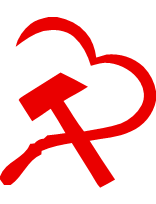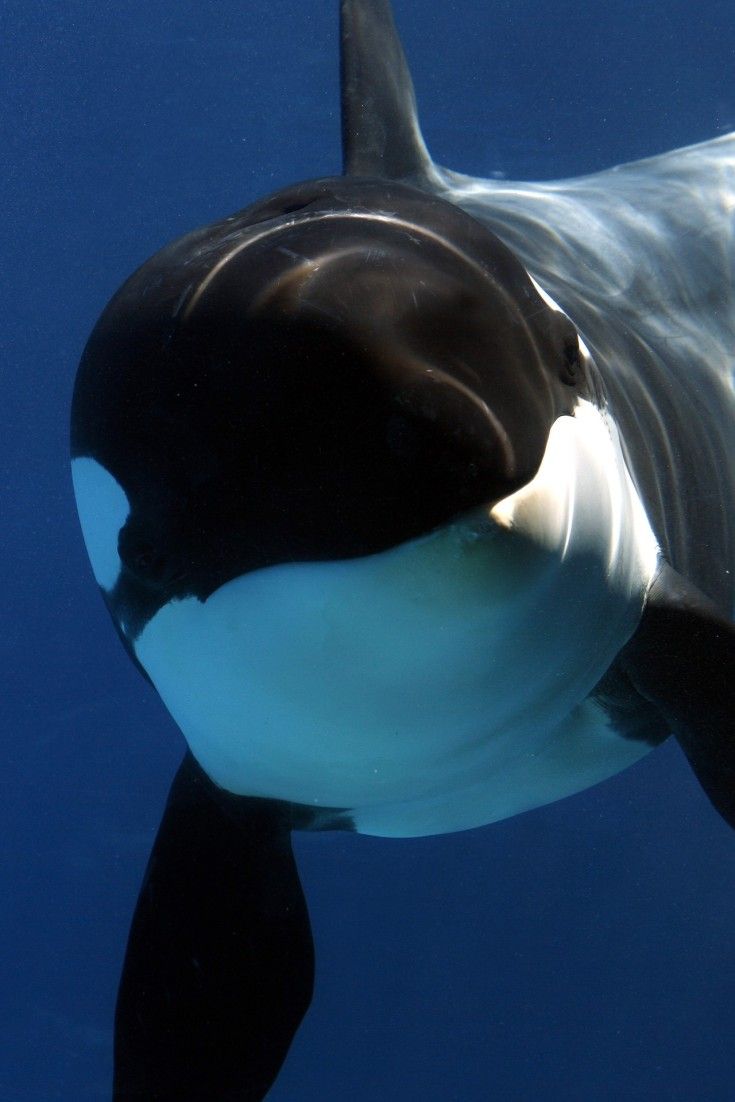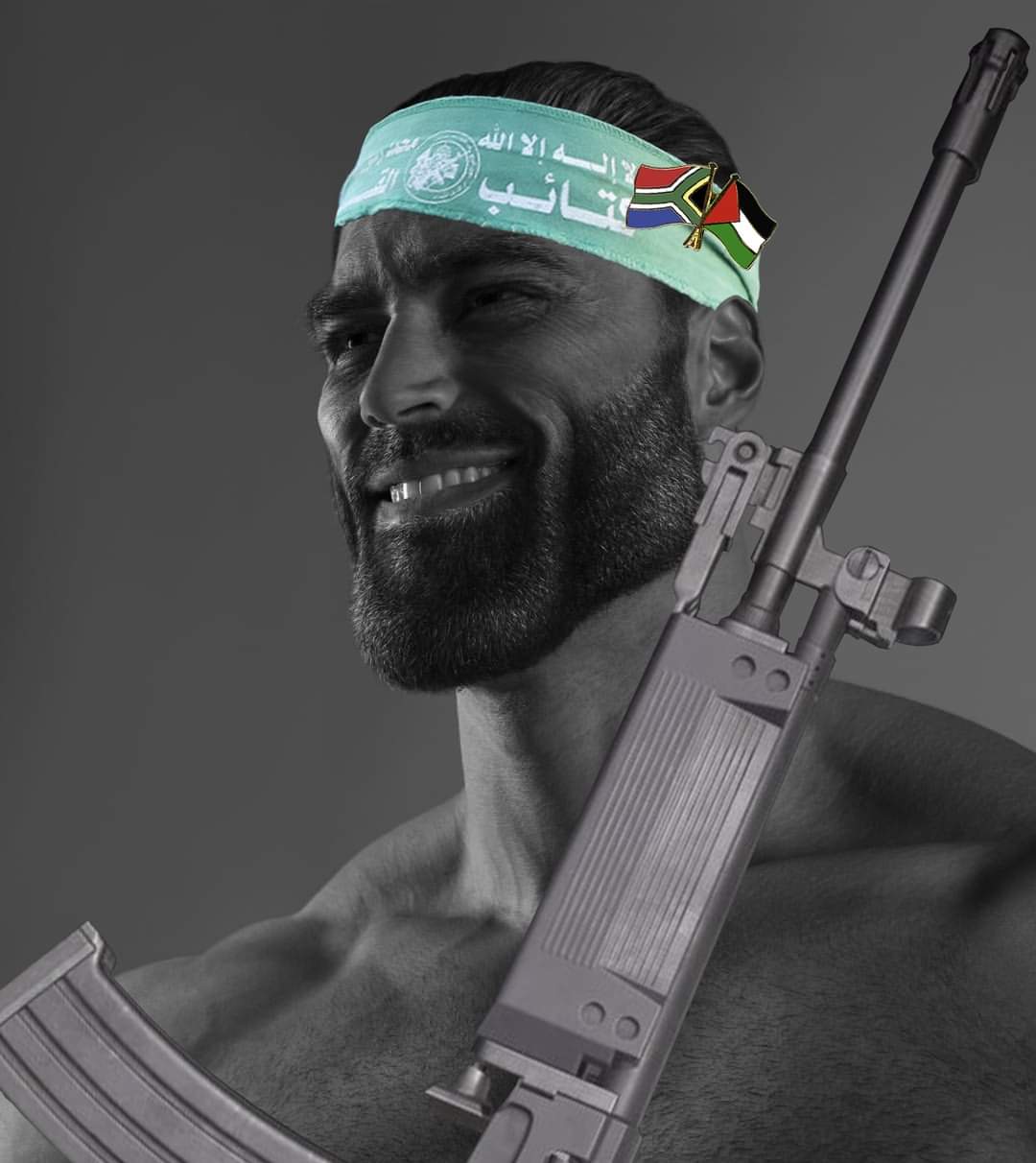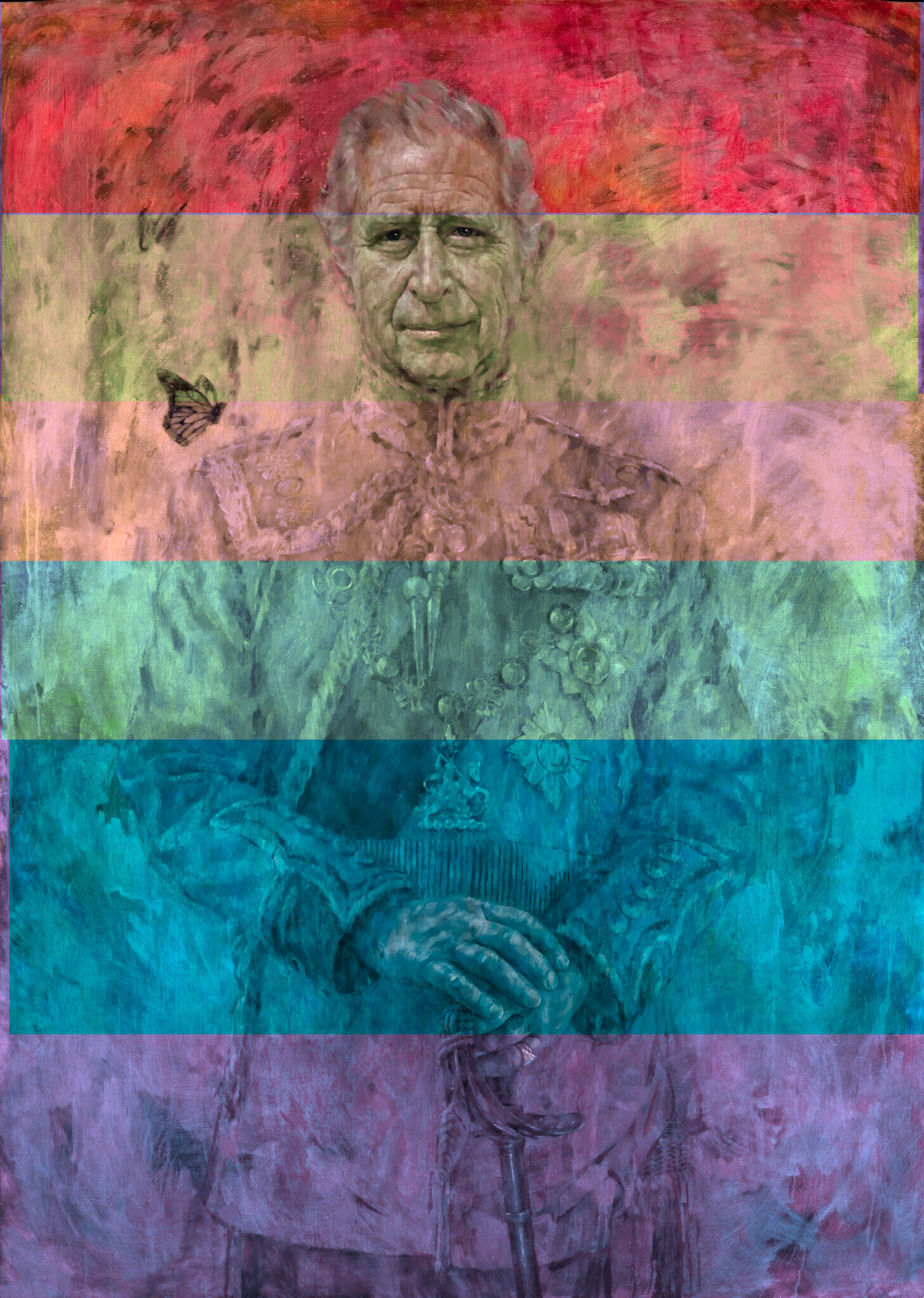Marhaba.
I live in Lebanon, Aley district. Israeli airstrike targets are at proximity of my location. Beirut, and particularly Dahieh, is completely visible from my balcony. There are also refugees sheltered in my town.
Other things to know about me: I am a leftist, and a legal and political writer.
P.S. I will answer anything (as it is with AMA posts), not only issues pertaining to the recent events.
Is there a religious divide between Lebanese who support Hezbollah and those that don’t?
Short answer: no.
Long answer: if we only take into consideration the theoretical doctrines, Hezbollah is a shia islamist movement which, understandably, would alienate the rest of the population. However from a practical sense, since its integration into the political establishment Hezbollah made alliances with other parties from different religions and has abandoned its islamist agenda in favor of multi-confessional politics. But the primary constituency of the party remains shia of course.
Regarding my second question: I have heard that Maronite Christians are strongly against Hezbollah and even support the entity, so I was curious how different Christian sects in Lebanon would view Hezbollah.
Support for Hezbollah does not neatly translate into sects. Maronites for instance are evenly divided between pro-resistance and anti-resistance. The last president, a maronite, was pro-resistance and pro-Assad. I cannot confidently speak about other Christian sects but the principle still stands.
Thank you so much!! Please stay safe!!
Another question: among Christian Lebanese, is support for Hezbollah divided based on religious sects?
No
what’s your favorite meal
One of my favorite vegan meal. I eat it often as it’s so cheap and easy to make.
lentils and rice can never go wrong, one of my girlfriends favorites but we haven’t tried it with the cripsy carmelized onions yet
Give my salaams to anyone you see on the ground with the acronymn “AMA” on their shirts.
Africa Muslims Agency (AMA) - a major South African humanitarian aid group
Will definitely do so, comrade.
I have so many questions I could ask. Here is a selection of them. I know it’s a lot, so please feel free to not answer any of them.
- What does Lebanon need most right now? (This is an intentionally vague question.)
- How can Lebanese leftists make a difference domestically? Internationally?
- In your eyes, what does global leftism need the most right now? What can global leftists do for each other right now?
- What does leftism in imperial countries need the most right now? What can empire-residing leftists in particular do for the people of exploited states?
- How much of an impact has the 2020 Beirut port explosion had on the country? (The videos that day had a profound effect on me, I’ve thought about the Lebanese people almost every day since.)
- What are the chances that the existing government structure remains intact in, let’s say, 20-25 years? What do you think and what is the consensus opinion?
- How functional is the national government right now? What areas (responsibilities/programs) and regions are it more and less functional in? How is the government viewed?
- How do Beirut and regions further north view Hezbollah?
- Lebanon is a diverse country. Across the territory, how strong is the desire to remain as a single coherent state in the long-term?
- What do you think will determine Lebanon’s fate over the next few decades? How much is under the control of the populace, vs. how much is dependent on externalities?
- What is the prevalence in the country of the various opinions about climate change?
- You’ve mentioned the prevalence of solar cells. Was this driven out of necessity? If so, what lessons can you share with the rest of us - were there challenges in adoption, was it surprisingly easy to adopt, is this solution sufficient for people’s energy needs in Lebanon, what conditions led to people adopting solar cells, who has been left out in this transition, etc.
- What has been the reaction among the people to Nasrallah’s assassination?
- Do you feel safe right now? If not, what would help you to feel safer?
- Ideally, Lebanon needs a proletarian revolution. Practically, refugees from the South are in need of material assistance.
- By mobilising the working class and spearheading the labor movement. Also creating ties with leftist orgs and states abroad.
- leftist movements around the world should encourage mutual aid among themselves, be it financial, technical or cultural.
- if the leftists of the imperial core want to help the global south, they must look inwards. Protest against your governments in any means possible, and more importantly create ties between the native workers and the immigrant populations; the latter, I think, might be the key to decolonize the imperial core.
- Lebanon is characterized by its exclusively tertiary economy. We rely exclusively on tourism, trade and banking. The root cause is the neoliberal policy of the past decades. The port’s explosion and the destruction of the city caused a major economic setback. And that’s without addressing the emotional damage. It was a traumatic experience for many who lost their homes and loved ones. The explosion’s remnants remind us of the incompetence of the government.
- i cannot speak this far into the future with how unstable Lebanon has always been. Nobody really knows. But I hope it’s overthrown and its colonial legacy wholly eradicated.
- The current cabinet is a caretaker one, awaiting the appointment of a new one since 2022 because we can’t decide on president. Constitutionally speaking, the caretaker cabinet cannot issue important decrees and so in other words the country is ungoverned. The cabinet is extremely unpopular and disregarded.
- Beirut is a diverse city containing all constituents. Same with the North.
- Confessional coexistence is an essential pillar in the Lebanese political fabric. There are calls for a federation but this is a minority. I have issues with the unitary approach because the country is a bourgeois nation-state unilateraly established by the French colonizer. But the federal approach is also flawed because it is premised on separation along religious lines which is a recipe for disaster.
- Lebanon’s fate is dependent on that of its larger neighbours. I wish that the working class can take the matter into its own hands but the main two obstacles are, funnily enough, the zionist entity and Hezbollah (which is upholding the bourgeois establishment). I find it hard to conceive any solution other than armed struggle, but this too requires external funding.
- climate change emerged as a serious issue with the 2019 protests. Protestors successfully deterred the authorities from building a harmful dam for example. On an institutional level there isn’t any consideration whatsoever to the climate issue as it is the norm with capitalist states. Agriculture was deeply affected by the increasing temperatures, and there are water shortages due to unregulated underground extractions and neglect of rivers’ pollution. Also unregulated are the resource extraction sites that are popping up on every mountain and are ravaging the natural lansscape. And finally we cannot forget the zionists provoking forest fires on the soutgern border.
- the sudden surge in green energy isn’t out of concern for the environment butvratehr a product of the collapse of publically-sourced electricity. There is power for only two to four hours a day. The biggest profiteers were owners of private generator whose actions exhibit signs of monopoly and criminal cartel, and most of whom have ties with politicians. Solar energy more or less constituted an escape from this reality. This article offers more elaborated explanations. Concerning the public energy sector there are talks of privatising the electricity company, but private generators are a good example of this would be a bad idea. Especially since there is a history of privatisation deals done in the interest of enterprises belonging to politicians and government officials.
- response to nasrallah’s assassination are mixed. Shia muslims were the most affected by it of course. The majority of the population holds sympathies. There is a deafening silence from political parties, allies and opponents alike.
- I am privileged to be safe and unaffected by the war. The targets of zionist attacks have been hezbollah facilities. I don’t live in a Hezbollah area and my town is located at the center of the country. But this would change if the zionist army pushes deep inside, like in 2006. They do not differentiate between a soldier and civilian, between a muslim and a christian.
I deeply appreciate your detailed responses, thank you.
No questions, just be safe comrade
Welcome Comrade! I hope you are doing well in these times. Unfortunately like most in the west I know very little about Lebanon in the modern era. Do you have any recommendations for books or other media on the subject? Another question is what is the situation with the Lebanese military, are they actively resisting at this time?
A good and not-so-long read would be “A History of Modern Lebanon” by Fawwaz Traboulsi, a Marxist professor.
No, the army has never actively resisted since a very long time. I developed further on this matter in another reply.
deleted by creator
I know the divisions in Lebanese society can be fairly extensive, but this seems to have outraged my (many, close) friends of Lebanese origin across the board. Is it the same there?
Is there any chance of the politicians unifying in resistance? I know the Lebanese army could probably effectively resist an Israeli incursion if it and the various faction militias banded together.
I didn’t understand your first question. Can you perhaps reformulate it?
The lebanese army is powerless from a political and technical standpoint. It’s extremely underfunded and, more flagrantly, its biggest funder is the United States: a fat conflict of interests. There were for example propositions to receive funds and new equipment from Russia but the US threatened to pull the plug on its funding.
if it and the various faction militias banded together.
That is an interesting point. The mainstream narrative has always put Hezbollah’s militia as an antagonist to the army.
I think my first question is…what is the level of unity in the general populace, is there any consensus on how to respond to the incursion, separate from the Government?
Despite the divisions that cut deep into the political fabric, there is always unity in times of crisis when facing an external threat. Many citizens have gladly opened their homes for refugees for free, some enterprises are providing them with free services and so forth. When it comes to military resistance, Hezbollah holds a monopoly over it, especially after all other political groups were disarmed after the end of the civil war in 1990.
What do you think is the main political trends in alignment of Druze and Sunnis, in terms of foreign policy?
I mean, as much as they be reluctant, Christians and Shias are much thankful to Syria and Iran, it seems?
Since the 90’s the two biggest sunni and druze parties—respectively, Future Movement and the Progressive Socialist Party—were anti-syrian and anti-iranian. FM had for the longest time tacit Saudi support. In 2008, Hezbollah clashed with both FM and PSP over the former’s telecommunication systems.
Today, FM is inactive after its leader resigned from the premiership in 2019. There is a void in sunni politics, and they are divided among themselves but the populace is generally supportive of the resistance. As for the PSP, its position is a bit ambiguous and its leader seems to be on good terms with Hezbollah; shocking considering that most druze are adamantly opposed to Hezbollah and Iran.
Christians are divided on the issue. Some parties are pro-iranian while others are not. Shias were also divided along those lines historically but they managed to put aside their differences.
How would you describe the Druze people, in your experience?
What are left politics Lebanon like at the moment?
More or less inexistent. The Lebanese Communist Party has no more popularity even after it rebranded itself as soccdem in the 70’s.
The Progressive Socialist Party adopted sectarian politics after the assassination of its former leader.
There is the Communists Action Organisation in Lebanon which still upholds its socialist character.
After the 17 october 2019 protests, a new grassroot party emerged called “Citizens in a State” whose leader is an approved communist. But the party’s constituents are diverse, from liberals to socdems, neoliberals, socialists and so forth. Wasn’t very fond of their programme.
I think the main issue of the political left is its failure to attract and mobilize the working class. The only recent example I can recall is the establishment of a labor union by the workers of Spinneys (supermarket chain) after intense legal battles with the help of the communist leader that I mentioned earlier. I highly recommend reading about it: https://www.jadaliyya.com/Details/27198
Thanks for the insight!
Marhaba! My family is in Abey and Abadiyeh. My cousins are ok as of yesterday.
So glad to hear you are safe habibi. Thank you for sharing.
Wallah shu! Then you are my neighbours. May Allah protect everyone. (From the way you wrote your comment I assume you live abroad?)
Yep! We fled Lebanon during the war. I live in the US, but have been back a few times since.
Are you Druze? If so, we may be related 🤣
;) ;)
What’s your favorite book?
It’s hard to choose only one! To keep it on theme I will recommend for fiction Azazeel by Youssef Ziedan, and for nonfiction Colonial Citizens by Elizabeth Thompson.
Is there any significant segment of Lebanese society who doesn’t support the resistance?
If yes, do those who doesn’t support the resistance buy into the US/zionist ideas of the resistance being to blame for the war and do they believe that Lebanon can have good and beneficial relations to the US/zionists if they just behave?
Yes there is a significant “resistance” to the resistance. And your right in regards to blaming Hezbollah for the war. I compare the matter to a parent collectively punishing all of their children for one’s fault, and so all siblings would dislike the one at fault instead of the parent’s action. Except in reality the parent is a genocidal entity with which we had past experiences.
The opposition is not fond of zionists per se, but rather it is against any intervention in Lebanon’s affairs, be it the Unites States or Russia or any other state. This is their official stance, but one cannot be sure what their real intentions are because there is a stigma in the arab world attached to normalisation with the entity.
How influential are the opposition to resistance? Are there many of them or do they hold positions of power in society?
Basically in interested in knowing if the resistance risks being undermined by domestic friction.
They are politically influential yet not enough to undermine the resistance. Although they have a majority in parliament, it is not enough to make decisions without the consent of pro-resistance parties. This is why we still cannot elect a president, which requires 2/3 of votes. The parliament speaker is also pro-resistance and plays a role in shutting down (illegaly) any decision that doesn’t suit his party’s interests.
From a military perspective, some factions tried to challenge Hezbollah in 2008 but ate shit. Hezbollah has historically directed his arms to the domestic space as a tool of coercion, hence the claim that Hezbollah has taken the country hostage.
Are there any Lebanese writers you recommend checking out? Stay safe, comrade!
Fawwaz Traboulsi is Marxist Historian and political scientist, definitely worth checking out.
Ussama Makdisi is Palestinian but wrote in depth about religious sectarianism in Lebanon.
Also check out kotobli which is a cool website to discover Arabic literature outside the framework of Anglo-American hegemony.
Sweet, thanks!

if you know Roqayah Chamseddine can you tell her I thought her recent appearance on The East is a Podcast was very good
New relevant podcasts discovered. Now I want to know her. Thank you!
I discovered The East is a Podcast via their Tankie Therapy series of group therapy sessions where they try to cope with the news of the zionist atrocities, highly recommended












